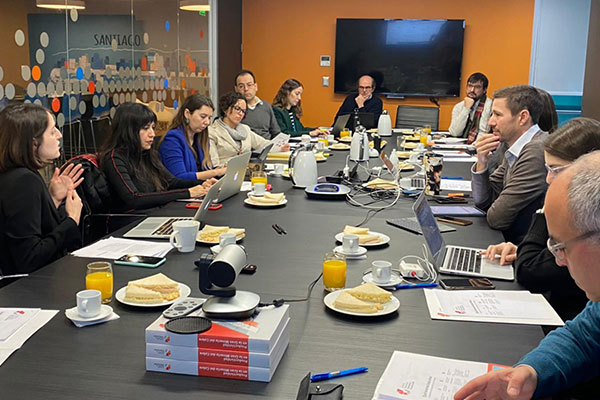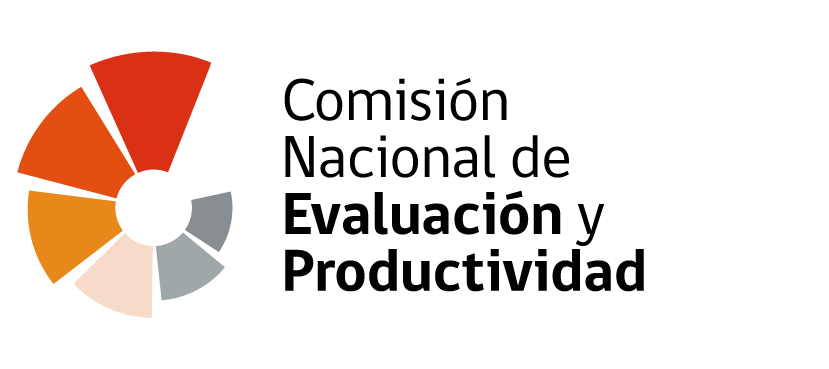
The CNEP is a technical, independent, autonomous, and permanent entity established in 2015 through a decree of law as part of a set of measures included in the Productivity, Innovation, and Growth Agenda. Its function was to conduct studies to generate public policy recommendations to improve productivity. In 2021, its regulations were modified, expanding its functions to strengthen regulations’ quality and evaluate public policies.
One of the main characteristics of the CNEP is its autonomy and independence from government. Its recommendations are based on technical analysis, evidence, and best local and international practices, so government instructions do not influence them. The government can request specific topics for investigation but does not dictate the recommendations.
What is the objective of the CNEP?
Through recommendations considered best practices in public policies based on local and international evidence, the CNEP aims to improve the country’s productivity, regulatory quality, and the evaluation of public policies and programs, ultimately enhancing people’s quality of life and wellbeing.
Who makes up the CNEP?
The CNEP operates with a Council of five members who are technical experts with diverse backgrounds. The President of the Republic appoints these members and meets every two weeks to analyze, discuss, delve into, and define research topics, their progress, and the recommendations to be included in the studies.
In addition, the CNEP has a working team of highly qualified professionals with experience in public administration, research, public management, and communications in fields such as economics and law. This team is responsible for conducting research, generating proposals, defining and implementing communication strategies, providing technical and administrative support, and fostering collaboration with representatives from the public and private sectors, academics, members of the legislative branch, and citizens.




